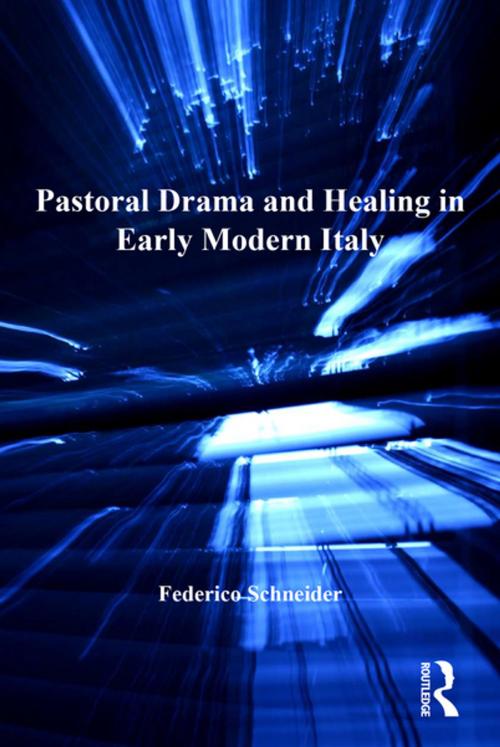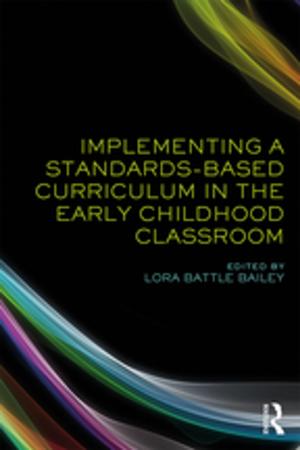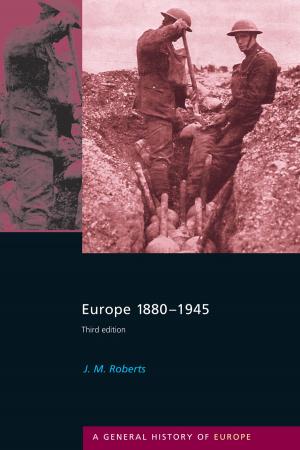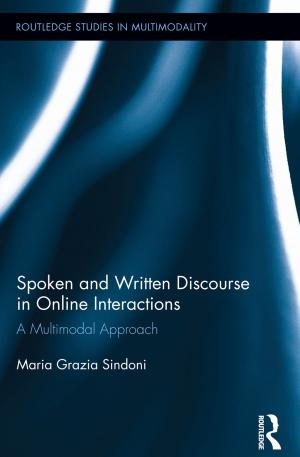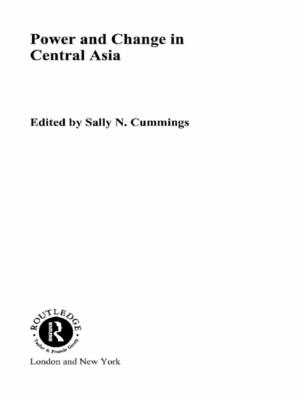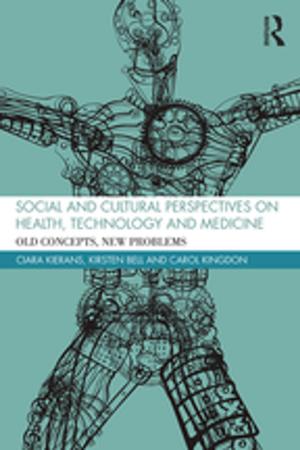| Author: | Federico Schneider | ISBN: | 9781317083375 |
| Publisher: | Taylor and Francis | Publication: | May 13, 2016 |
| Imprint: | Routledge | Language: | English |
| Author: | Federico Schneider |
| ISBN: | 9781317083375 |
| Publisher: | Taylor and Francis |
| Publication: | May 13, 2016 |
| Imprint: | Routledge |
| Language: | English |
Pastoral Drama and Healing in Early Modern Italy represents the first full-length study to confront seriously the well-rehearsed analogy of the pastoral poet as healer. Usually associated with the edifying function of the Renaissance pastoral, this analogy, if engaged more profoundly, raises a number of questions that remain unanswered to this day. How does the pastoral heal? How exactly do the inner workings of the text cater to the healing? What socio-cultural conventions make the healing possible? What are the major problems that pastoral poetry as mimesis must overcome to make its healing morally legitimate? In the wake of Derrida's seminal work on the Platonic pharmakon, which has in turn led recent criticism to formulate a much more concrete understanding of the theater/drug analogy, the stringent approach to the therapeutic function of the Renaissance pastoral offered in this work provides a valuable critical tool to unpack the complexity contained within a little-understood cliché.
Pastoral Drama and Healing in Early Modern Italy represents the first full-length study to confront seriously the well-rehearsed analogy of the pastoral poet as healer. Usually associated with the edifying function of the Renaissance pastoral, this analogy, if engaged more profoundly, raises a number of questions that remain unanswered to this day. How does the pastoral heal? How exactly do the inner workings of the text cater to the healing? What socio-cultural conventions make the healing possible? What are the major problems that pastoral poetry as mimesis must overcome to make its healing morally legitimate? In the wake of Derrida's seminal work on the Platonic pharmakon, which has in turn led recent criticism to formulate a much more concrete understanding of the theater/drug analogy, the stringent approach to the therapeutic function of the Renaissance pastoral offered in this work provides a valuable critical tool to unpack the complexity contained within a little-understood cliché.
